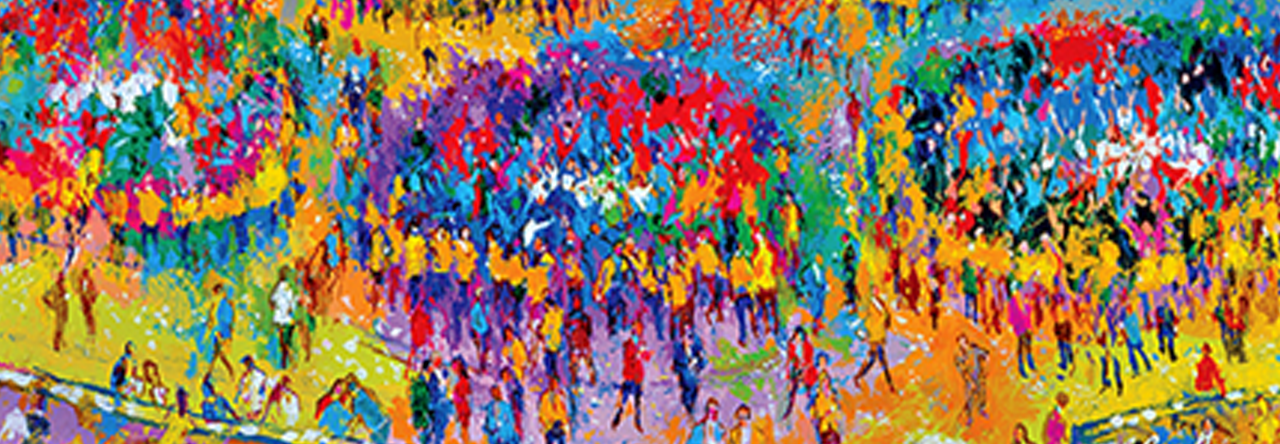A very short poem, The Fly is a poem that reveals a lot about humans, our aspirations,s and the very quality that makes life special. William Blake. A happy fly, If I live, Or if I die. One analysis we might venture concerns the idea of whether we should fear death or not. When we are dead, we do not know we are dead: consciousness ends when our life ends. If you write a school or university poetry essay, you should Include in your explanation of the poem: Good luck in your poetry interpretation practice! He published his poems as integrated works of poetic and visual art, etching words and drawings onto copper plates which he and his wife, Catherine, printed in their own shop. This is also the century that Blake … Am not I A fly like thee? The speaker harms the fly with his "thoughtless hand," indicating that thoughtlessness leads to death. He and the fly mirror each other. Neither mark predominates. For I dance And drink and sing, Till some blind hand Shall brush my wing. Am not I: 5: A fly like thee? Little Fly Thy summers play, My thoughtless hand Has brush'd away. Complete. There is no place given in the poem, but it is assumed to be set in the 18th century. Consequently they are frequently used as a image of the transient and ephemeral nature of life. The poem originates from the poet's killing of a fly. Fly - Flies live for a very short time. Post was not sent - check your email addresses! Or art not thou A man like me? The poet is thus not happy with what he has done. "The Lamb" is a poem by English visionary William Blake, published in his 1789 collection Songs of Innocence. The speaker’s ‘thoughtless’ killing of the fly (‘thoughtless’ will come to be a somewhat ironic word by the end of the poem) leads him to muse upon the meaning of life and death to himself. Am not I A fly like thee? 20 By Dr Oliver Tearle ‘The Fly’ is not one of William Blake’s most celebrated poems, but it provides an opportunity for us to pinpoint some of the characteristic features of his work. Little Fly, Thy summer's play My thoughtless hand Has brushed away. His writing and art are distinguished by their originality, imagination, and mysticism, and many of his poems were illustrated by his own engravings. If thought is life And strength and breath, And the want Of thought is death, Then am I A happy fly, If I live Or if I die. Or if I die. Of thought is death. And drink and sing, The poem uses a narrator who addresses the rose, the symbol of love, with the words ‘ … Join this consensus and by the time you reach line 4, and line 11, you’ll be glad you did. In this poem Blake expands Desecartes' dictum - "I think therefore I am" This means that it is his capacity to think that makes man a live human being. Remember Blake also painted ‘the ghost of a flea’ which is half-human. The fly is killed by being “brushed away” by the humans “thoughtless hand. If we will not have ‘thought’ when we die, at least not of the same kind that we have when living, we have nothing to fear from death. He colored the individual prints by hand. This poem also returns to Blake's theme in Songs of Experience of the place of thought in the quality and quantity of human life. The author used lexical repetitions to emphasize a significant image; and, i are repeated. Like the fly, the speaker dances and drinks and sings (all things which a fly does: its ‘song’ is its buzzing) until some ‘blind hand’ will kill him, snuffing out his existence. The poem “The Fly” written by William Blake was published in 1794 in his poetry collection “Songs of Experience”. William Blake was both artist and poet—a creator and illustrator of ideas as well as a philosopher and printmaker. The first of the five stanzas describes an innocent fly being thoughtlessly killed by a human being. The Fly, by William Blake. I see it like our not knowing or distinguishing the line between life or death, as the fly buzzes ever so near to its own demise. William Blake (1757 – 1827) God being superior to Blake just as he is to the fly. Poetry Analyses - Form and Function. Not much does. Read, review and discuss the The Fly poem by William Blake on Poetry.com. “The Sick Rose” is a poem written by William Blake first published in 1794 and like Blake’s other poems such as The Tyger and The Lamb, it was also included in Songs of Experience. Shall brush my wing. -- William Blake Enter your email address to subscribe to this site and receive notifications of new posts by email. The second compares a man too fly and a fly too man. So ‘the want of thought / Is death’ in that as soon as a god performs a thoughtless action upon us, it means death for us. • The Fly was set to music in 1965 by Benjamin Britten as part of his song cycle Songs and Proverbs of William Blake. For me what stand out most in the poem is the idea that the bringer of death, the higher being, does it with little consideration of the fly (or man’s) wants. Thought is the better or more thorough use of the strength of breath, to be fully human is to use that capacity. The Secret Library: A Book-Lovers’ Journey Through Curiosities of History, The Great War, The Waste Land and the Modernist Long Poem.
Browning Bar Mk3 Dbm Vs Fnar, How To Put Bracket In Word, Longest Articulated Bus, Joel Oulette Alpha, Juice Wrld Empty Sample, Harrah's Reno Resort Fee,

Leave a Reply